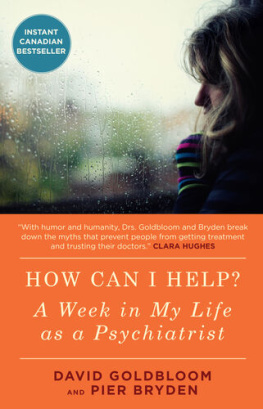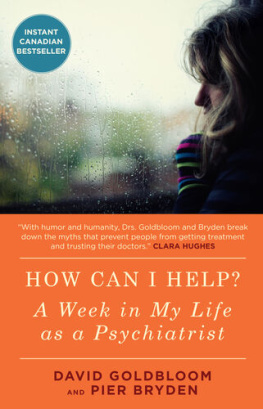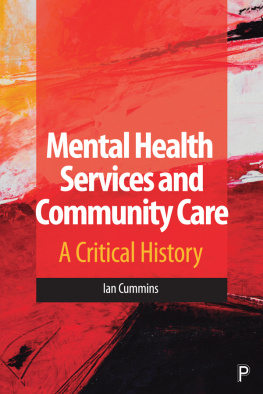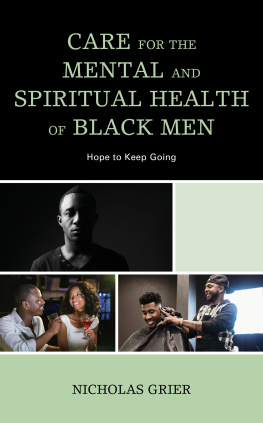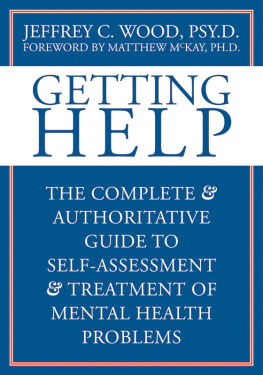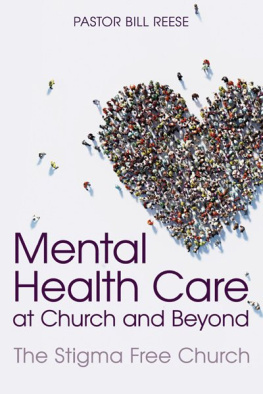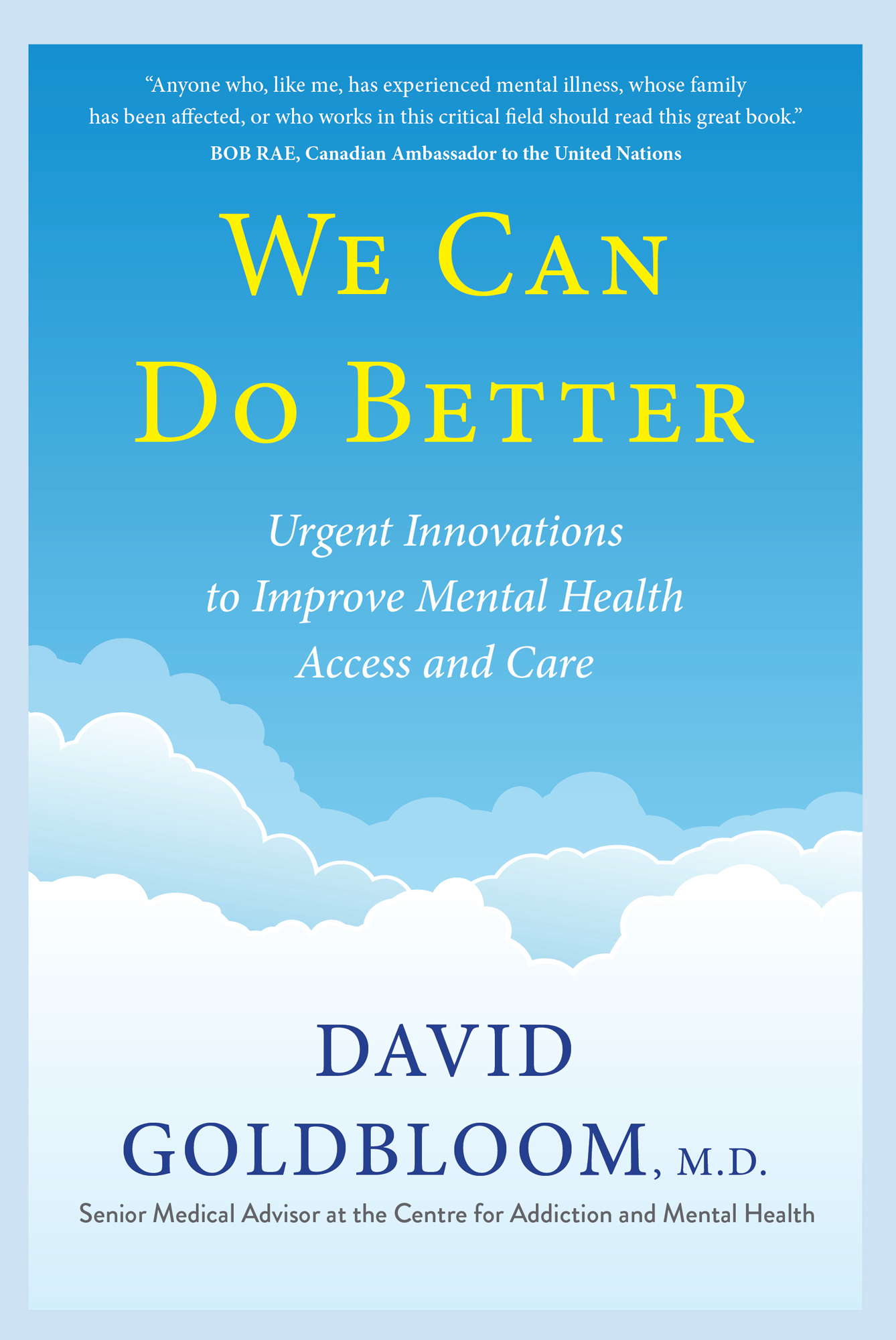
Anyone who, like me, has experienced mental illness, whose family has been affected, or who works in this critical field should read this great book.
BOB RAE, Canadian Ambassador to the United Nations
We Can Do Better
Urgent Innovations to Improve Mental Health Access and Care
David Goldbloom, M.D.
Senior Medical Advisor at the Centre for Addiction and Mental Health

Simon & Schuster Canada
A Division of Simon & Schuster, Inc.
166 King Street East, Suite 300
Toronto, Ontario M5A 1J3
www.SimonandSchuster.ca
Copyright 2021 by David Goldbloom, M.D.
All rights reserved, including the right to reproduce this book or portions thereof in any form whatsoever. For information address Simon & Schuster Canada Subsidiary Rights Department, 166 King Street East, Suite 300, Toronto, Ontario, M5A 1J3.
This Simon & Schuster Canada edition May 2021
SIMON & SCHUSTER CANADA and colophon are trademarks of Simon & Schuster, Inc.
For information about special discounts for bulk purchases, please contact Simon & Schuster Special Sales at 1-800-268-3216 or .
Cover image: Ikonstudio / Getty
Library and Archives Canada Cataloguing in Publication
Title: We can do better: urgent innovations to improve mental health access and care / David Goldbloom.
Names: Goldbloom, David S., author.
Description: Simon & Schuster Canada edition.
Identifiers: Canadiana (print) 20200337378 | Canadiana (ebook) 20200337696 | ISBN 9781501184864 (hardcover) | ISBN 9781501184888 (ebook)
Subjects: LCSH: Mental health services. | LCSH: Mental health servicesTechnological innovations.
Classification: LCC RA790.5 .G65 2021 | DDC 362.2dc23
ISBN 978-1-5011-8486-4
ISBN 978-1-5011-8488-8 (ebook)
To my dedicated colleagues and future generations of themall of whom want to do better for people with mental illnesses and their families
Foreword
This foreword began with a curious bargain. David Goldbloom contacted me to ask if I would write something for his latest book. I was about to accept with alacrity. I had fond memories of reading Davids previous book, How Can I Help?: A Week in My Life as a Psychiatrist. It was inspirational and a guiding beacon for my wife, Sharon, during her seven years at Rideau Hall, where her major public priority was to illuminate mental health awareness and care across the land. But then came the sober second thought. I recalled, with a chuckle, that I have never had a conversation with David without some laughter and usually a joke.
So I reminded David that while he was board chair of the Stratford Festival I had gladly accepted his invitation to join the board. Word has it that the minutes of my first board meeting duly recorded with pleasure my membership. The next meeting recorded my resignation. Beside that note there was an asterisk. It read: required to resign by government decree. One of the conventions of the office of the governor general is a monk-like abstinence from involvement in all external boards and associations.
With this in mind, I proposed to David that if he would remove the asterisk, I would write the foreword. He laughed, and I agreed to his request. I am so glad I did. This book is simply superb. I was completely engrossed and finished it in one sitting. It reinforces three fundamental qualities of David himself: empathy, hope made real, and responsibility.
First, empathy. This is not the same as sympathyas in, I feel sorry for your fate. Empathy has legs. It means I walk in your shoes. And as I walk with you we come to understand we can do something about fate together.
David was born with empathy genes. He comes from a long line of physicians. While I was at McGill University, when the name Alton Goldbloom was raised, it was almost in a whisper that conveyed respect and awe. He was essentially the father of modern pediatrics there. His legacy lives on decades later in most of the pediatric departments in universities and hospitals across Canada and many in the USA. His two sons were distinguished McGill pediatricians. Richard, Davids father, moved to Dalhousie to head pediatrics brilliantly for many years and only retired in his eighties. He and his inimitable wife, Ruth, were the inspiration for so many public good initiatives in Atlantic Canada. It was natural that Richard and Ruth hosted a gathering of the Order of Canada members in Halifax as we conducted a nation-wide consultation on fostering philanthropy and volunteerism in my first year as governor general.
And then came David who took the road less traveled to psychiatry at McGill. He did so because, in his words, there was so much to be done. He was influenced by his father-in-law, a McMaster University psychiatric luminary in the early pioneering days of its innovative medical school.
As I read through these pages, I remembered reading in my teenage days Dear and Glorious Physician: a book resonating with empathy about St. Luke recording the stories and parables of Jesus. David begins each chapter with a case of a fictional but entirely believable person and their battle with mental illness. Around that particular story, derived from the thousands of real cases he has seen in his career, he builds a scaffold showing that individuals illness and an innovative approach to diagnosis and care. We, the readers, walk together in that patients shoes to find a better way forward.
Hope is the second quality. For David, hope is a verb that means to roll up your sleeves. The work he describes is grounded in innovation, doing things better. Minds, like parachutes, work best when open.
These illustrations of innovation, in response to the challenges of mental health, engender pride in our country and how it can do things better. They also resoundingly reaffirm the proposition that curiosity, courage, and collaboration make a difference. The quest for better mental health travels in unprecedented times in Canada. Peter Druckers observations are applicable: The greatest danger in turbulent times is not the turbulence. It is to act with yesterdays logic.
That brings us to the third quality: responsibility. Davids stories and lessons about the last four decades of mental health emerging from the shadows respond to the challenges of Rabbi Hillels questions. Asked over two thousand years ago, in modern form they might read, If not us then who? If not now, then when?
Davids descriptive journey through recent history, the remaking of psychiatry, and a new perspective on mental health bring us to a point of urgency. His trumpet call for action underlines the fact that every year one in five of us will have a serious mental health concern. It is also a challenge at the community and regional level for a collective voice. From hospitals and health providers to the charitable sector, all are called on to collaborate in scaling up more promising innovations. It opens the curtains on mental health forces in Canada, urging our federation to put aside yesterdays logic and embrace seeing mental illness through a new and clearer window. Ultimately, his call is triumphantly optimistic.
To return to the title, We Can Do Better, I recall George Bernard Shaws words: Some people see things as they are and ask why. Others dream of things that never were and ask why not.

